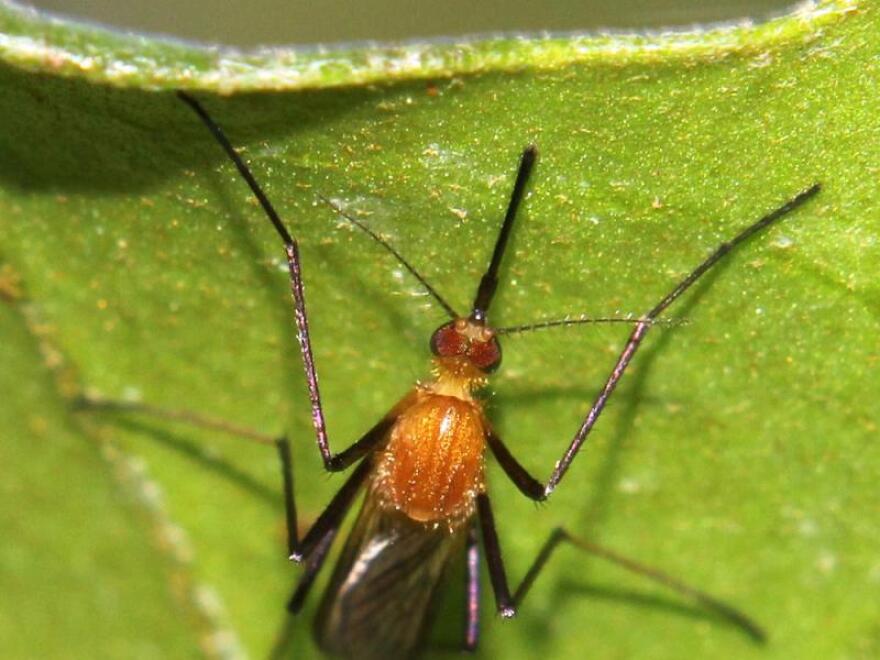Massachusetts public health officials have announced the first positive sample of West Nile virus in mosquitos this season. It was collected in the Bristol County town of Easton.
The state monitors the prevalence of West Nile and the more severe Eastern equine encephalitis, or EEE. No human cases have been reported yet this year.
The state's chief epidemiologist, Dr. Catherine Brown, said 2019 was Massachusetts’ worst summer in decades for EEE, though last year there were no human cases.
This year, Brown said, cases have likely been delayed due to previous dry and cool weather. But current drought conditions could make the risk for both viruses worse, as birds and mosquitos concentrate their activities around the few spots of standing water.
“Of course, if the drought is too significant, it will end up reducing the mosquito population significantly and that can end up suppressing West Nile virus activity,” Brown said Wednesday during a meeting of the state’s Public Health Council. “So we're kind of going to have to wait and see.”
Brown said spraying against mosquito larvae can reduce the risk of West Nile, but doesn’t work as well for EEE, which is why the state focuses on advising people how to avoid mosquito bites.




